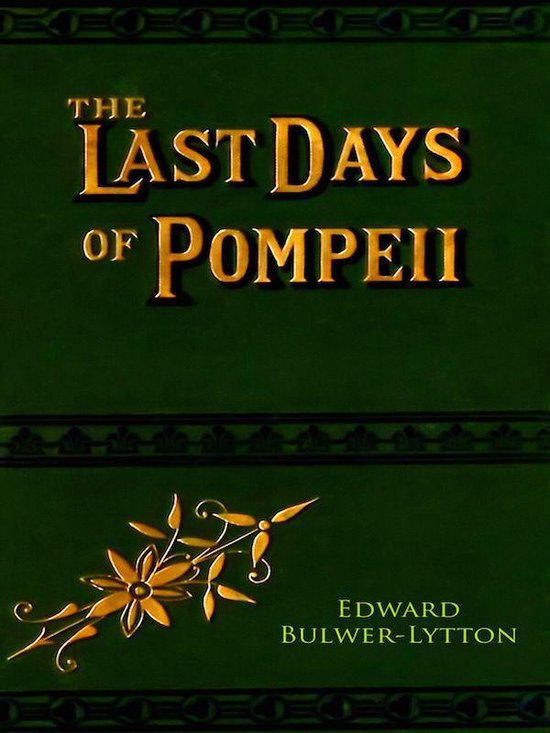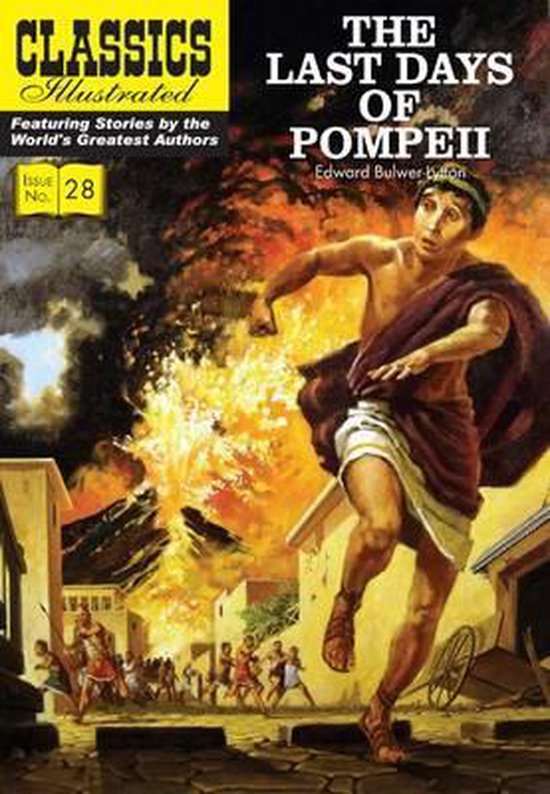
The Last Days of Pompeii
One of the earliest books about the catastrophe of 79 C.E. is The Last Days of Pompeii, a novel published to enormous acclaim in 1834 by the English writer Edward Bulwer-Lytton.
Lytton tells the love story of the Greeks Glaucus and Ione who were living in Pompeii when Mt. Vesuvius erupted with such ferocity that it quickly led to Pompeii's flaming end in 79 AD.
The Last Days of Pompeii was the first novelization of the catastrophic event—and the doomed city that lay at the feet of Mount Vesuvius.
From poets to flower girls, gladiators to Roman tribunes, Lytton created a powerful story of their lives, their loves, and the tragic fate that awaited them.
The novel uses its characters to contrast the decadent culture of first-century Rome with both older cultures and coming trends.
The protagonist, Glaucus, represents the Greeks who have been subordinated by Rome, and his nemesis Arbaces the still older culture of Egypt.
Bulwer-Lytton was inspired to write his novel by the painting The Last Day of Pompeii by Karl Briullov, painted in the early 1830s, which Bulwer-Lytton reportedly studied on a field trip to Milan.
| Auteur | | Edward George Bulwer-Lytton |
| Taal | | Engels |
| Type | | E-book |
| Categorie | | Literatuur & Romans |



